Online Poker Tournaments: Proven Strategies to Stay Focused and Outplay the Field
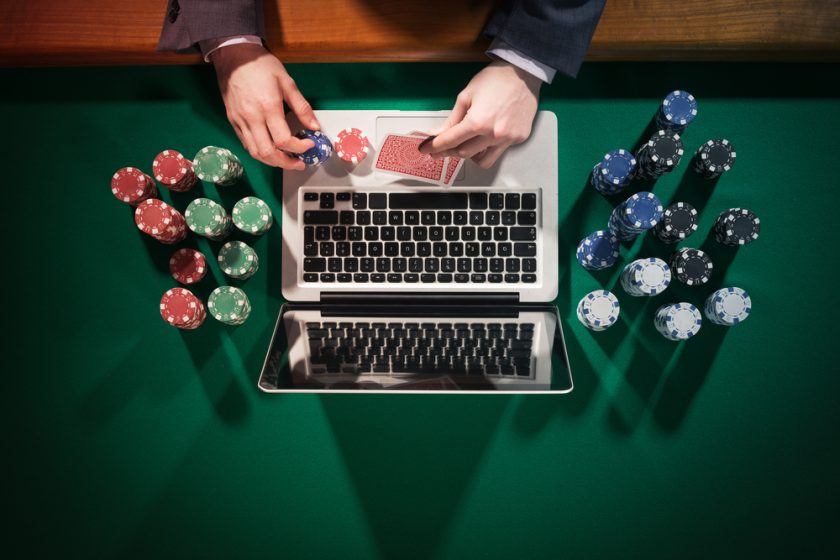
Essential Habits to Enhance Focus During Online Poker Tournaments
Maximizing performance in lengthy online poker tournaments requires not just skill and strategy, but also unwavering mental focus. Long sessions, multiple tables, and the pressure of potential rewards can wear down concentration, leading to mistakes. Below are practical, science-backed methods to help you maintain mental sharpness throughout your tournament journey.
- Schedule Regular Breaks: Step away every hour for a few minutes. Use this pause to move, hydrate, or briefly disconnect from poker to refresh your mental state.
- Establish a Distraction-Free Setting: Remove sources of interruption by closing unnecessary tabs, silencing notifications, and keeping your space organized.
- Apply the Pomodoro Method: Structure play into blocks-typically 25 minutes of laser focus, followed by 5-minute breaks-to avoid burnout.
- Practice Mindfulness and Deep Breathing: Short mindfulness sessions or breathing exercises can improve mental clarity and alleviate anxiety.
- Monitor for Cognitive Fatigue: Be alert to signs like daydreaming, emotional swings, and impulsive decisions. Promptly address these with rest or mental resets.
Imagine sitting deep in a multi-hour online tournament. The stakes rise, and you edge closer to a big cash; but one slip of focus leads to a costly error. Fatigue and distraction can unravel hours of effort, unless you implement effective concentration techniques.
Mastering sustained focus is non-negotiable for success. Below, discover tactical tips to help you maintain sharp attention, manage fatigue, and give yourself the best chance at a top finish.
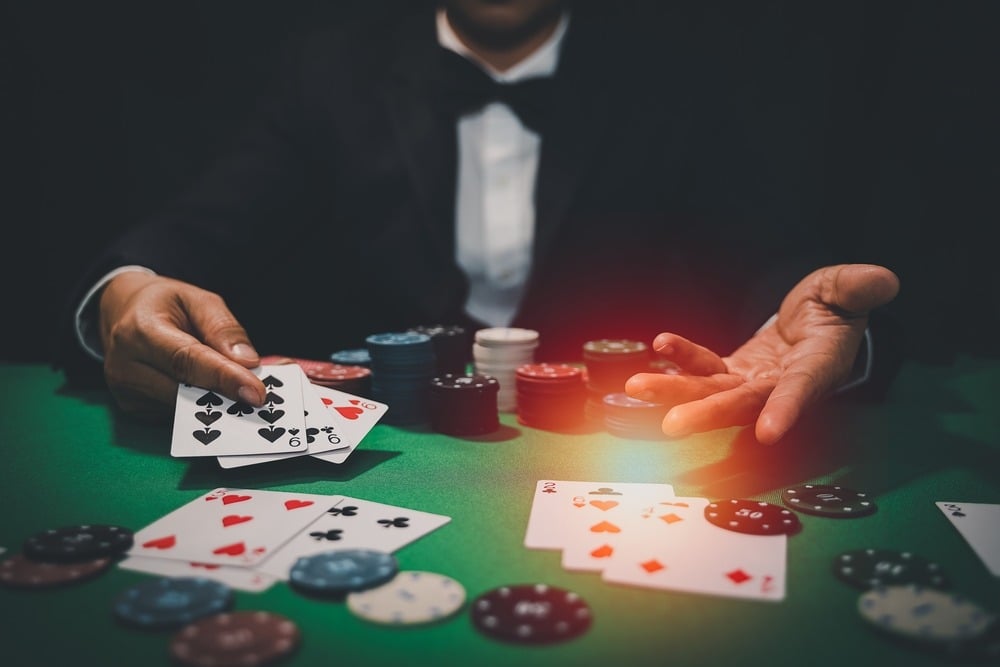
Core Focus Techniques for Online Poker Success
Maintaining top concentration is about more than physical comfort; it requires active, intentional mental strategies. Here are foundational techniques every tournament player should adopt:
Segment the Tournament for Better Focus
Rather than viewing the tournament as one overwhelming marathon, break it into manageable checkpoints. Concentrate on excelling during the current blind level, or simply focus for the next hour. This approach makes your task less daunting and keeps your mind engaged, similar to a runner focusing on the next mile rather than the full course.
Structure Your Play with Timed Intervals
The Pomodoro Technique, which alternates intervals of focused work with short breaks, can stave off mental fatigue. Set a timer for 25-30 minutes of uninterrupted play, then allow yourself a few minutes away from the screen. This structured resting keeps your concentration steady and reset.
Weave Mindfulness into Your Routine
Staying present between hands is vital. Use downtime to center yourself-try a quick scan of your body posture or a series of slow, deliberate breaths. Implementing a breathing sequence, such as inhaling for six seconds, holding for two, then exhaling for seven, can reset your attention and prevent anxiety from fogging decisions.
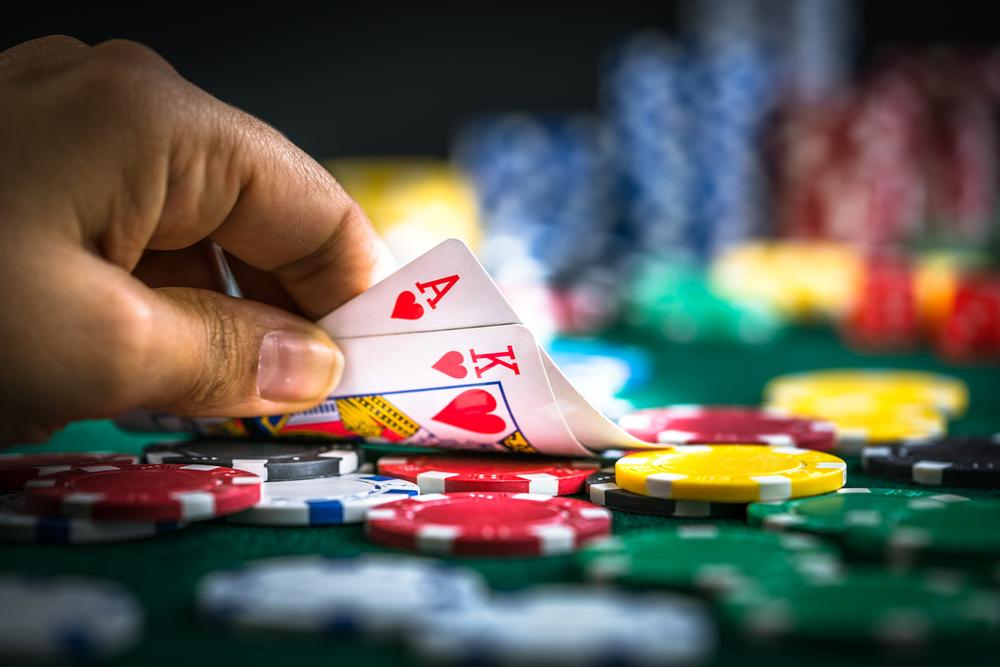
Stay Alert and Avoid “Autopilot” Mode
Monotonous sessions can lead to automatic play, where you act out of habit rather than careful thought. To override autopilot, pose reflective questions during gameplay:
- What range does my opponent likely hold?
- What’s the purpose behind my current bet?
- How does the board’s texture affect possible outcomes?
This habit keeps your decisions deliberate and grounded in strategy.
Balance Immediate Action with Big-Picture Goals
Alternate between zooming in on each hand’s optimal move and stepping back to reassess your overall tournament direction. At regular intervals, consider your tournament status: Are you approaching the money bubble? How is your chip stack compared to average? Do you need to shift your strategy? This dual focus allows for tactical and strategic adjustments as needed.
Identify Early Signs of Mental Exhaustion
Mental fatigue can creep in and damage performance if unaddressed. Warning signs include:
- Decision Fatigue: Rushing choices or reverting to default plays without thorough analysis.
- Lapses in Focus: Mind wandering or difficulty absorbing key information from the table.
- Emotional Volatility: Reacting more strongly to bad beats or setbacks, indicating depleted mental reserves.
- Risky Behavior: Making uncharacteristically aggressive plays or chasing losses out of frustration.
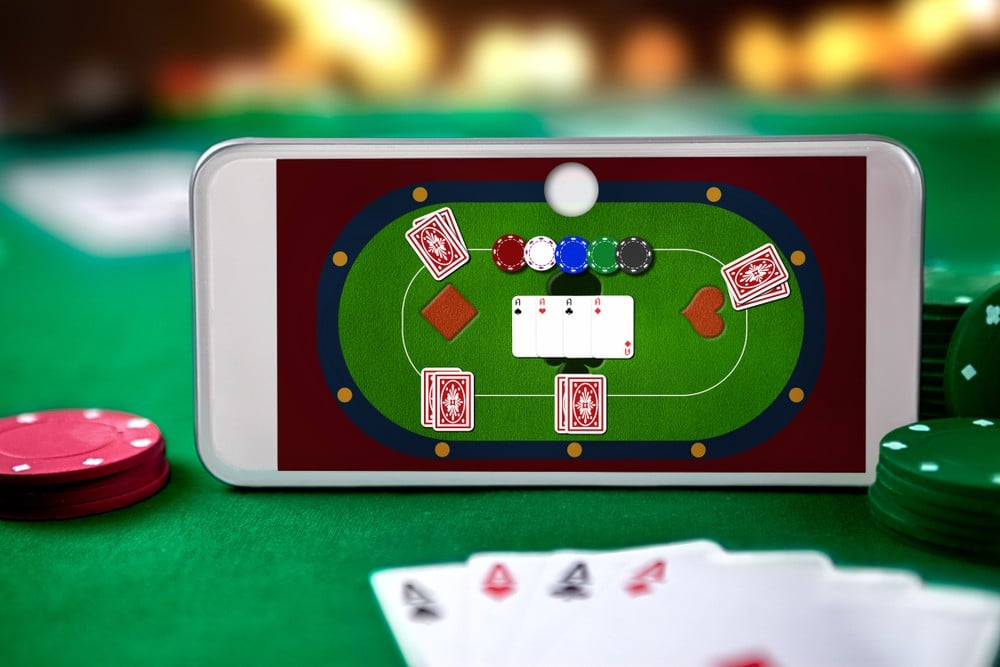
Recognize these signals early and act-through breaks or quick mental resets-before your gameplay suffers.
Strengthening Your Focus: Advanced Techniques
Long-term tournament success demands more than willpower-it requires consistent mental training. Just as athletes condition their bodies, poker players can condition their focus stamina. Try the following approaches:
Make Focus Training a Daily Habit
Don’t wait until a major tournament to test your limits. Dedicate short daily blocks-10 to 15 minutes-to uninterrupted study, such as reviewing hand histories or learning strategy concepts. Gradually extend these sessions. Pair them with mindfulness meditation focused on your breath or posture. This regular routine bolsters your capacity to concentrate for stretches of play.
Monitor Your Mental State in Real Time
Top performance hinges on self-awareness. Cognitive fatigue, emotional shifts, and lapses in judgment often sneak in unnoticed. Periodic “mental check-ins” allow you to address these changes proactively before they cause real harm:
- Evaluate Your Mood: Are you sharp and calm, or distracted and tense? Perform this reflection often, especially after major wins or losses.
- Assess Your Focus Level: Rate your concentration from 1 to 10. If it slips below your usual standard, use a break or breathing exercise to restore it.
- Pinpoint Disruptors: Identify specific causes of distraction or agitation, so you can address them directly-for example, standing up if you’ve been sitting too long, or reframing your mindset after a difficult hand.
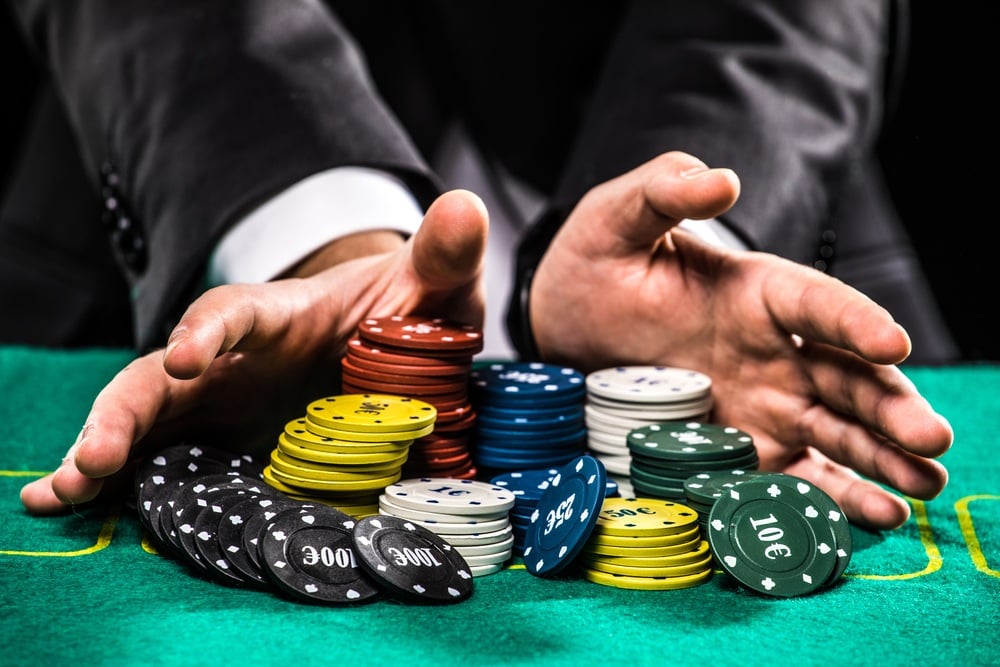
When you notice loss of focus, employ recovery techniques such as:
- Controlled deep breathing (6-2-7 pattern)-to refresh your mind on the spot.
- Visualization-imagine yourself making crisp, correct plays and regaining composure.
- Physical movement-quick stretches or a short walk increase circulation and wake up your brain.
- Cognitive reframing-choose empowering perspectives (e.g., accepting bad beats as part of poker) to combat negativity.
Your Mental Game: The Deciding Factor in Poker Tournaments
Online poker tournaments challenge not only your technical card skills, but your mental resilience. Sharpening your ability to concentrate, recognizing cognitive fatigue, and regularly resetting your focus are all critical for tournament glory.
Integrate these concentration strategies and self-checks into every session. Over time, you’ll develop the mental endurance to maintain your edge from start to finish. Remaining calm, attentive, and emotionally even-keeled may be the biggest advantage you bring to the virtual felt.













